The Unprecedented Attack and Its Implications
Israel is in the throes of a critical decision-making process, grappling with how to respond to an unprecedented airstrike by Iran. The event has marked a significant shift in the long-standing clandestine conflict between the two nations, compelling Israel to reconsider its strategic approach.
In a move that dramatically altered the previously tacit rules of engagement, Iran launched a massive attack involving hundreds of ballistic missiles and explosives-laden drones on Israel. This direct assault from Iranian territory has been seen as a game-changer in this shadowy conflict.
As a result, the criteria guiding Israel’s response has been fundamentally transformed. The Israeli leadership now finds itself at a crossroads, mulling over options that balance deterrence, appeasement, and de-escalation.
Iran’s Justification for the Attack
Iran justified its attack as retaliation against an earlier Israeli airstrike that resulted in the deaths of several armed forces commanders in Syria. The scale and nature of this retaliation, however, have changed the dynamics of the ongoing shadow war. Israeli officials argued that their target – a building within an Iranian embassy complex – was a legitimate target as it was serving as a military and intelligence base.
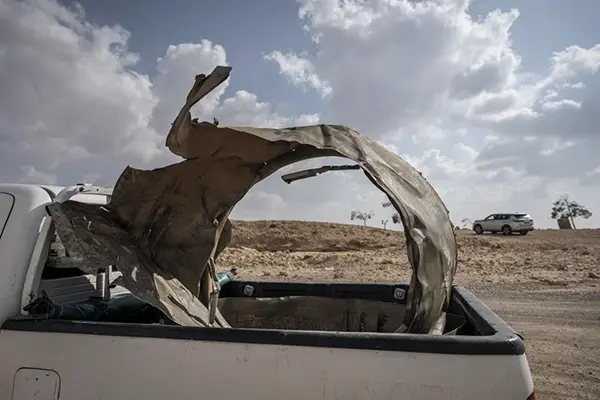
The Dilemma: Deterrence vs De-escalation
The Israeli war cabinet finds itself in a precarious position. On one hand, it is imperative to send a strong message to Iran, deterring further direct attacks. On the other hand, there is a need to avoid triggering an all-out war.
The Risk of Escalation
Israel is wary of inadvertently escalating the conflict into a full-blown war. Any major confrontation with Iran could stretch Israel’s resources thin, given its ongoing war in Gaza and the skirmishes with Iranian proxies along its borders.
The Need for Deterrence
On the flip side, Israel cannot afford to let Iran believe it can freely attack Israeli territory in response to an Israeli strike on Iranian interests in other countries. The challenge lies in calibrating a response that is significant enough to send a clear message to Iran, yet measured enough to prevent a major escalation.
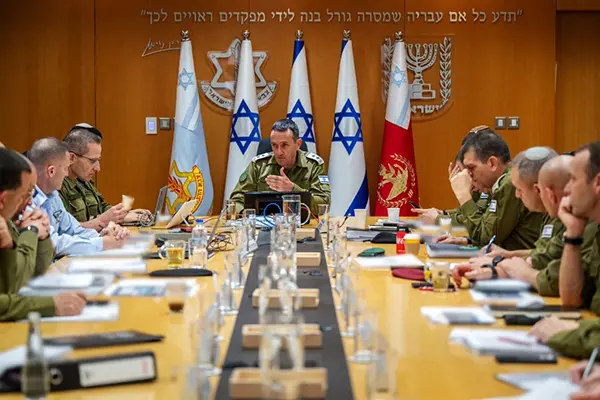
Options on the Table
Israeli leaders are contemplating several potential responses, each with its own set of pros and cons.
- Aggressive Strike on an Iranian Target in a Third Country: This would involve targeting an Iranian base, possibly one belonging to the Islamic Revolutionary Guard Corp, in a country other than Iran, like Syria. The downside to this is the asymmetry – responding to a direct attack on Israel with an attack on Iranian interests in a third country might not send a strong enough message.
- Symbolic Strike Inside Iran: This approach would likely require U.S. consultation and could risk angering the Americans who have advised against such a move.
- Cyberattack on Iran’s Infrastructure: While this could serve as a form of retaliation, it could also expose Israel’s cyber capabilities prematurely. Moreover, it would not be an in-kind response to a major airstrike.
- Small-Scale Attacks Inside Iran by the Mossad: While these attacks could potentially cause enough disruption, Israel does not claim responsibility for such actions, so they would not match the public nature of Iran’s strike.
The International Response
The international community is keenly observing this high-stakes situation, with many nations applying diplomatic pressure to both Israel and Iran in the hopes of de-escalating the conflict. The U.S., in particular, is backing diplomatic efforts to pressure and punish Iran, including imposing stricter sanctions.
The decision that Israel makes in response to this unprecedented attack will not only determine the trajectory of its relationship with Iran but will also have significant implications for the stability of the Middle East.


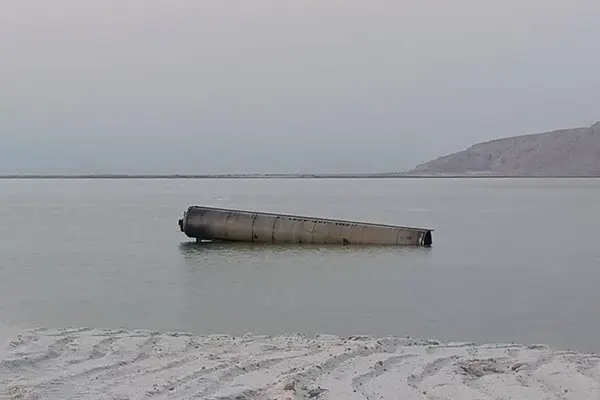






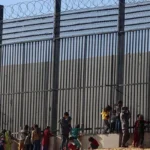



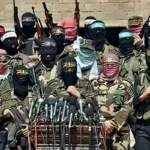



Leave a Reply